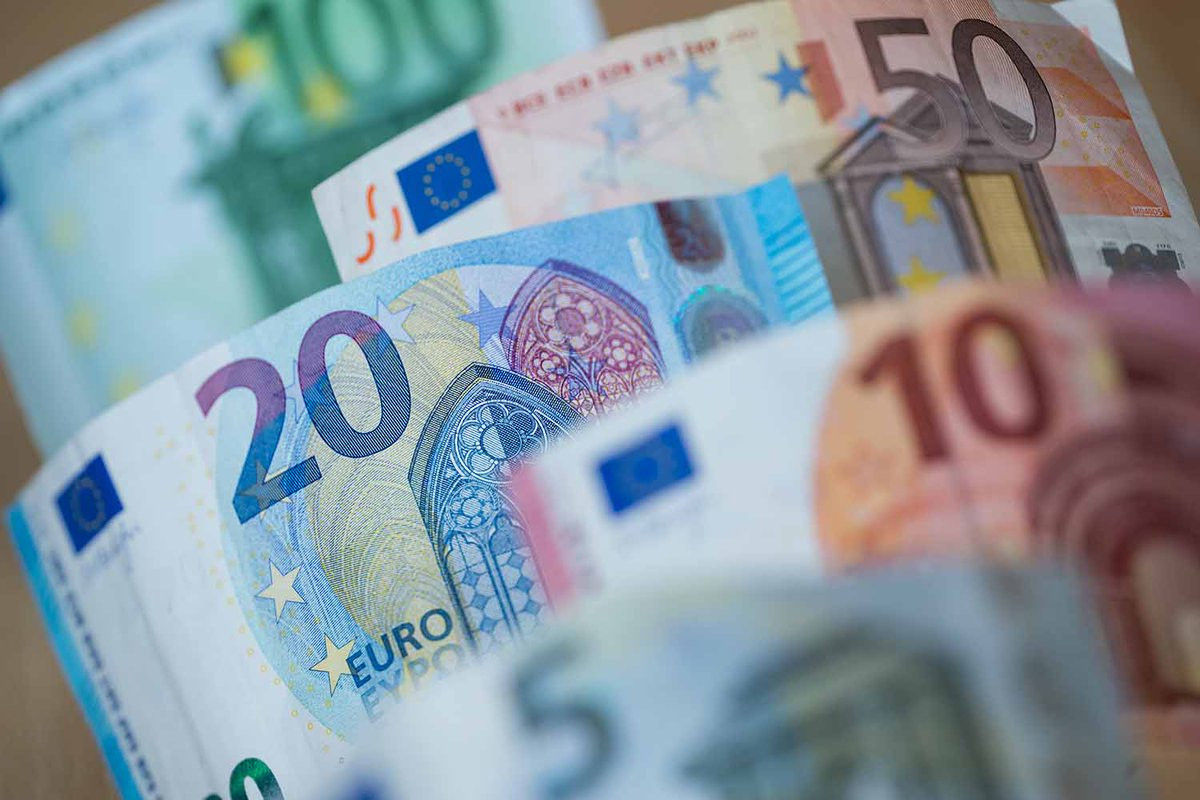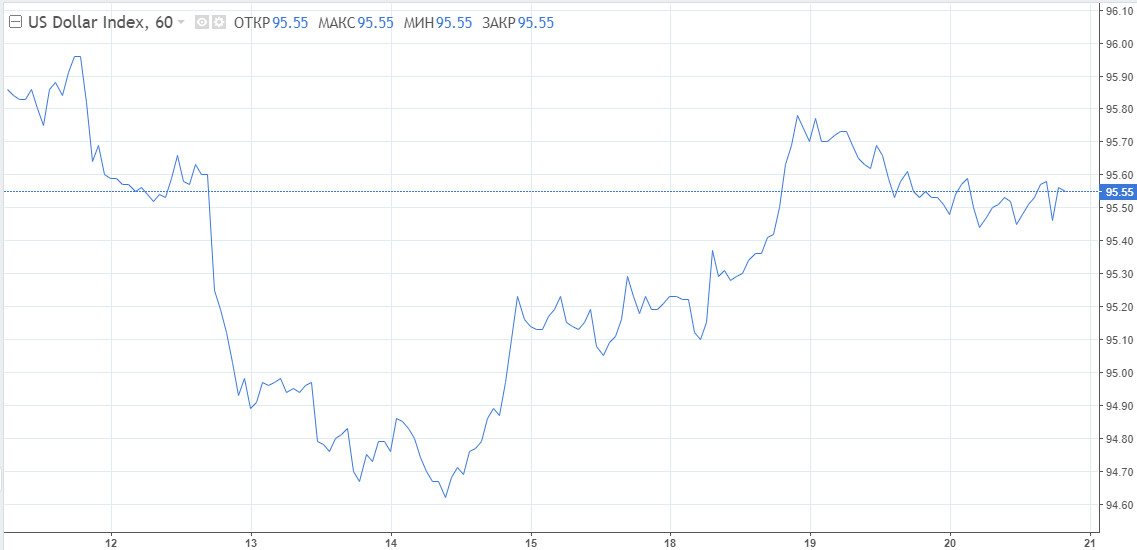
The euro made several attempts to recover, but there is currently no clear sign of an upside reversal. The US dollar maintains its ground although its uptrend is not stable.
The upcoming rate hike planned for March and the entire 2022 has already been priced in by the markets. At the same time, the Fed's stance on monetary policy may turn out to be even more aggressive than it was previously expected. According to Reuters, the American regulator will raise the key interest rate three times this year, starting in March, to 0.75–1%. Almost half of the respondents polled by Reuters expect the Fed to hike the rate at least four times in 2022. This is quite typical of the Federal Reserve. For instance, in 2020, the central bank did the same thing in a very aggressive manner.
There is also an alternative view according to which the US central bank, as well as other global regulators, cannot be overly aggressive in the fight against inflation. Yet, the signals confirm the opposite.
Since traders brace for tougher measures from the Fed, The US Treasury yields are rising, thus pushing the dollar higher. Currently, this is the strongest driver for the US currency. At the same time, the status of the greenback as a hedge against the coronavirus crisis is slowly disappearing. With the Omicron strain, which is considered less dangerous and is expected to end the pandemic, governments are lifting restrictions and are trying to push their economies back to normal.
This is why Brent crude surged to 88 US dollars per barrel. On the other hand, demand for fuel is declining amid a new Omicron wave. Still, traders' outlook for oil remains positive as they hope to see a recovery after the Omicron surge eases.
Europe will also benefit from the end of the pandemic, but the progress is very slow there. Therefore, the euro downplays this factor. At the first sign of improvement, the euro will attempt to win back its losses.
On Thursday, the US dollar index rebounded from the daily low of 95.40. The first upside target for bulls is the level of 95.83. At present, USDX is holding above 93.19, maintaining the bullish bias.

The euro made several attempts to enter the green zone but it did not succeed. The EUR/USD quote failed to reach the first upward target and returned to the long-term sideways channel where it has been stuck for almost two months. An upside breakout failed which signals weak bullish activity.
If the euro bulls fail to settle above 1.1385 by the end of the week, the pair is likely to retest the previous lows. As soon as sellers break below 1.1314, the price will slide further down. In this case, the nearest downward targets for bears will be 1.1210 and 1.1040.
On Thursday, traders were focused on the jobs data in the US. The weekly report on initial jobless claims is of great importance to markets. Its last reading showed that the latest Covid-19 wave put pressure on the labor market.
The number of new claims went up by 55,000 from the revised reading last week and amounted to 286,000, whereas analysts predicted a decline to 220,000. This was the fastest pace of growth since July and the highest reading since mid-October.
The data from Germany also discouraged investors. The PPI for December surged by 5% in a month and by a whopping 24.2% on a yearly basis. The reason behind this remains the same: rising energy prices and supply chain disruptions. Meanwhile, ECB President Christine Lagarde refrains from taking any measures. The head of the regulator said there was nothing to worry about as inflation in the EU and the US was developing differently.
Traders will get more hints from the minutes of the ECB December meeting. Markets are already aware that the regulator is going to end its PEPP program in March and launch the Asset Purchase Program (APPI) in the second and third quarters of the year.
Judging by the ECB minutes, the regulator expects inflation to be higher and remain for longer. Members of the governing council signaled they were ready to act if inflationary pressures prove to be more persistent. In addition, the bank officials warned against a premature rollback of the monetary stimulus program and asset purchases. The council generally agreed that the euro area still needs substantial monetary policy support.





















